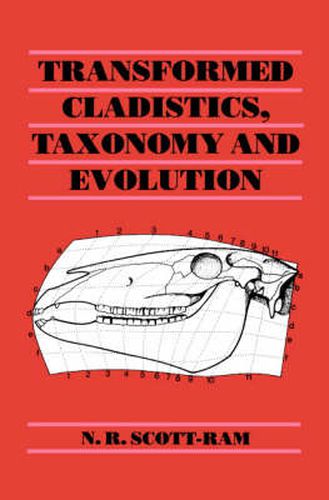Readings Newsletter
Become a Readings Member to make your shopping experience even easier.
Sign in or sign up for free!
You’re not far away from qualifying for FREE standard shipping within Australia
You’ve qualified for FREE standard shipping within Australia
The cart is loading…






This is an examination of the relationship between classification and evolutionary theory, with reference to the competing schools of taxonomic thinking. Emphasis is placed on one of these schools, the transformed cladists who have attempted to reject all evolutionary thinking in classification and to cast doubt on evolution in general. The author examines the limits to this line of thought from a philosophical and methodological perspective. He concludes that transformed cladistics does not achieve what it claims and that it either implicitly assumes a Platonic World View, or is unintelligible without taking into account evolutionary processes–the very processes it claims to reject. Through this analysis the author attempts to formulate criteria of an objective and consistent nature that can be used to judge competing methodologies and theories. Philosophers of science, zoologists interested in taxonomy, and evolutionary biologists will find this a compelling study.
$9.00 standard shipping within Australia
FREE standard shipping within Australia for orders over $100.00
Express & International shipping calculated at checkout
This is an examination of the relationship between classification and evolutionary theory, with reference to the competing schools of taxonomic thinking. Emphasis is placed on one of these schools, the transformed cladists who have attempted to reject all evolutionary thinking in classification and to cast doubt on evolution in general. The author examines the limits to this line of thought from a philosophical and methodological perspective. He concludes that transformed cladistics does not achieve what it claims and that it either implicitly assumes a Platonic World View, or is unintelligible without taking into account evolutionary processes–the very processes it claims to reject. Through this analysis the author attempts to formulate criteria of an objective and consistent nature that can be used to judge competing methodologies and theories. Philosophers of science, zoologists interested in taxonomy, and evolutionary biologists will find this a compelling study.